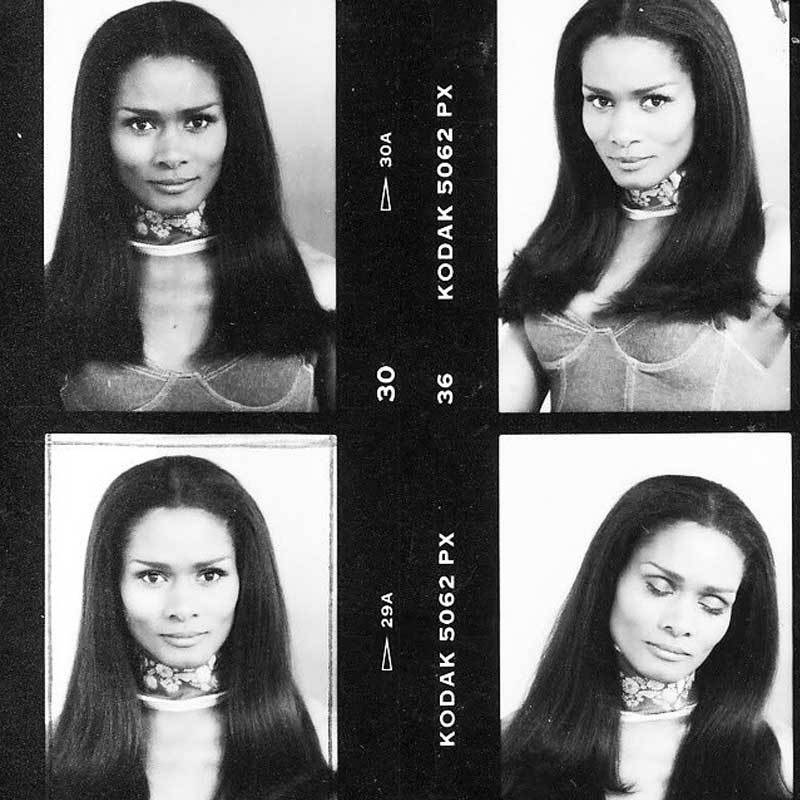Tracey ‘Africa’ Norman, a black trans model from America, has opened up about her secretly pioneering work for major brands and magazines in the 1970s in an in-depth profile interview with The Cut.
Having got her first taste of fashion by blagging her way into the back row of fashion shows — “I would just tell them that I was a student at FIT and they would let you in, but you couldn’t sit. You had to stand in the back row and it was really tight… I would go to see how models walk, because I was still in training” — Tracey reveals that one day, circa 1975, she was heading to a show when she spotted a group of black models she recognised, and promptly set out to follow them into a casting, waiting for the very last interview slot. The next day, Norman got a call to say she was booked for a two-day shoot with Irving Penn for Italian Vogue, who touted her to the industry as “the next Beverly Johnson!” according to fellow model Peggy Dillard.
Tracey’s trans identity was not known in the industry at the start of her career, and when an editorial director called Irving Penn to ask him about it, he was ‘livid’, according to fellow fashion photographer George Chinsee, who tells The Cut, “He just thought it was ridiculous that they’d even think that Tracey was not a woman… He said, ‘Oh, this is a vicious rumor!'”.
When the news spread around the industry that Tracey had not been born a woman, the work dried up, but she says no one would explain why. “I was upset that nobody confronted me with the truth,” she tells The Cut. “I guess that’s maybe because they were afraid of lawsuits, but I don’t know if I would’ve had the frame of mind at that time to try to sue people,” she continues, adding, “I just felt so upset about it because it was my people and my community that did this to me. The black community and the gay community”.
The wide-ranging profile goes on to cover her subsequent move to Paris, highs including being hired by Balenciaga, and lows like being outed over and over when she found success again in New York. Read the full profile on The Cut.
